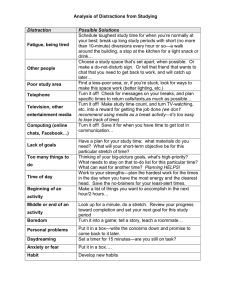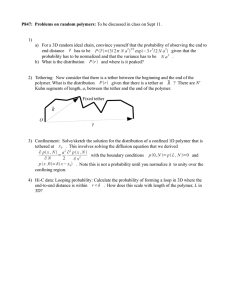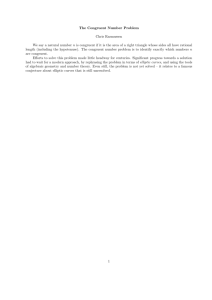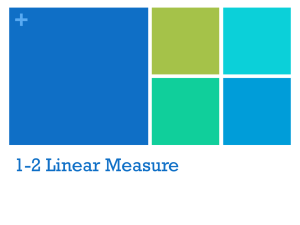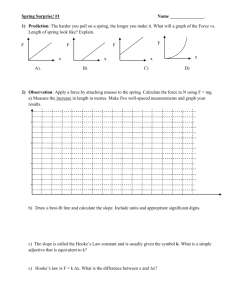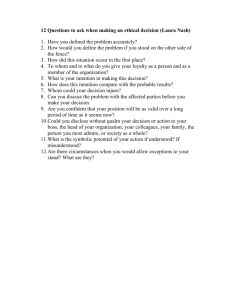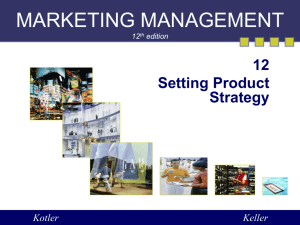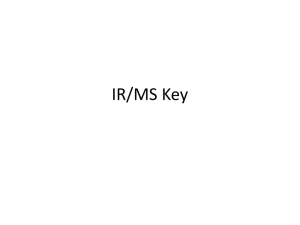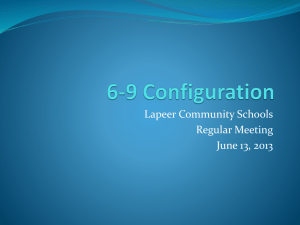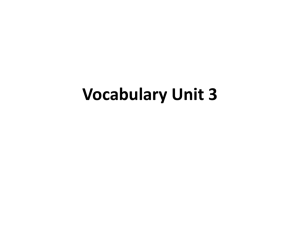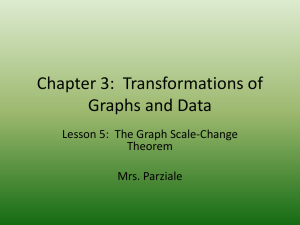The Strategy Card
advertisement
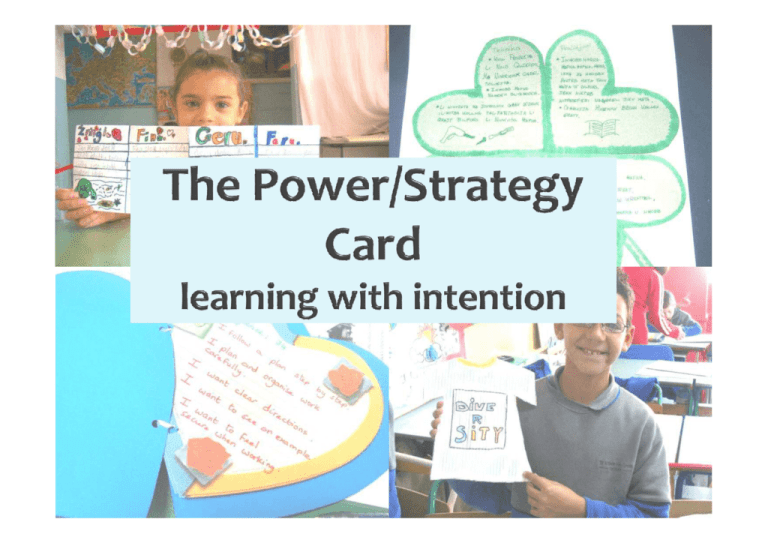
Because learning with intention increases our success. Our learning patterns are only as effective as our skill to use them. (Task Analysis: What Patterns are being demanded of me to complete this task?) Are my patterned operations congruent with the task at hand? YES How can I intensify the use of a pattern to perform to a high standard? NO • What pattern/s am I being asked to modify and/or forge to perform the task at hand? • Who can I ask for help/support? Do It Yourself – effort Reflect on how you use your learning patterns – observe yourself in different situations Catch yourself while creating unintentional strategies Experiment with other possible strategies which can be used with intention – try them for effectiveness Making a power card for a specific task that I find challenging Describe a situation which you would find challenging Place the LCI score under each of the patterns. Then write a brief set of phrases describing how you learn using each of these patterns. Describe the assignment or project citing the key words and placing them under the patterns to which they pertain. This is the point where you analyse what is being asked of you and how much of each pattern you are required to use In the bottom row write specific strategies you will use to help you stretch or tether your patterns in order to be able to confront your challenge. Share with your partner. Take 5 minutes each to discuss your power card together. Use the word wall and task decoding - a key part of developing strategies for intentional learning. Explain to students that they can develop strategy cards for particular assignments that challenge them. Use the language to help students go through a metacognitive process: Are the patterns required by this task congruent with my learning patterns? If not, how can I get help? Which strategies can I use? Remember that some students might need some help when developing the power/strategy card for the first time. Show the relevance – Why do I need to create a power card? In order to make this a relevant process, introduce the concept of strategies when one or some of the students are facing a specific difficulty in class and discuss the pattern needed for that situation: What can I do to stretch my Precision? Can I use my Confluence to help me or not? Introduce the concept in an interesting manner - perhaps through a personal story of a time when you had trouble learning something and overcame it. Develop the strategy cards together as a class activity, addressing one learning pattern at a time. Allow students to pair up to develop strategies together. Use your Confluence to make strategy booklets, note cards, boxes etc. There is no single format. Share the strategies one-to-one, in small groups, or as a whole class. Model the process to students by ‘thinking aloud’ when you yourself are using strategies. I need to stretch my Sequence here so I’m going to explain this step by step. I’m going to tether my Precision and highlight only the most important information. The type of power card and learning strategies that students will use depends on their age and on how aware they are of their learning process. See Levels of Application handout.
